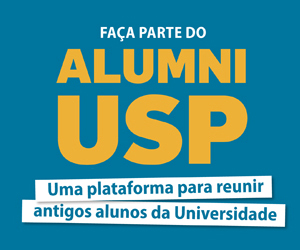-
Formulation of a self-consistent reduced transport theory for discrete near-threshold waves – with applications to resonant dynamics in plasmas and in galaxies
Seminário de Física de Plasmas com o Dr. Vinícius N. Duarte - Princeton Plasma Physics Laboratory.
31/08, 5ª feira, 13h. Ed. Basílio Jafet, sala 105.
A quasilinear plasma transport theory that incorporates Fokker-Planck dynamical friction (drag) and pitch angle scattering is self-consistently derived from first principles for an isolated, marginally unstable mode resonating with an energetic minority species. It is found that drag fundamentally changes the structure of the wave-particle resonance, breaking its symmetry and leading to the shifting and splitting of resonance lines. In contrast, scattering broadens the resonance in a symmetric fashion. Comparison with fully nonlinear simulations shows that the proposed quasilinear system preserves the exact instability saturation amplitude and the corresponding particle redistribution of the fully nonlinear theory. Even in situations in which drag leads to a relatively small resonance shift, it still underpins major changes in the redistribution of resonant particles. This novel influence of drag is equally important in plasmas and self-gravitating systems. In fusion plasmas, the effects are especially pronounced for fast-ion-driven instabilities in tokamaks with low aspect ratio or negative triangularity, as evidenced by past observations. The same theory directly maps to the resonant dynamics of the rotating galactic bar and massive bodies in its orbit, providing new techniques for analyzing galactic dynamics.
This abstract is based on doi.org/10.1103/PhysRevLett.130.105101 and doi.org/10.3847/1538-4357/acd69b













